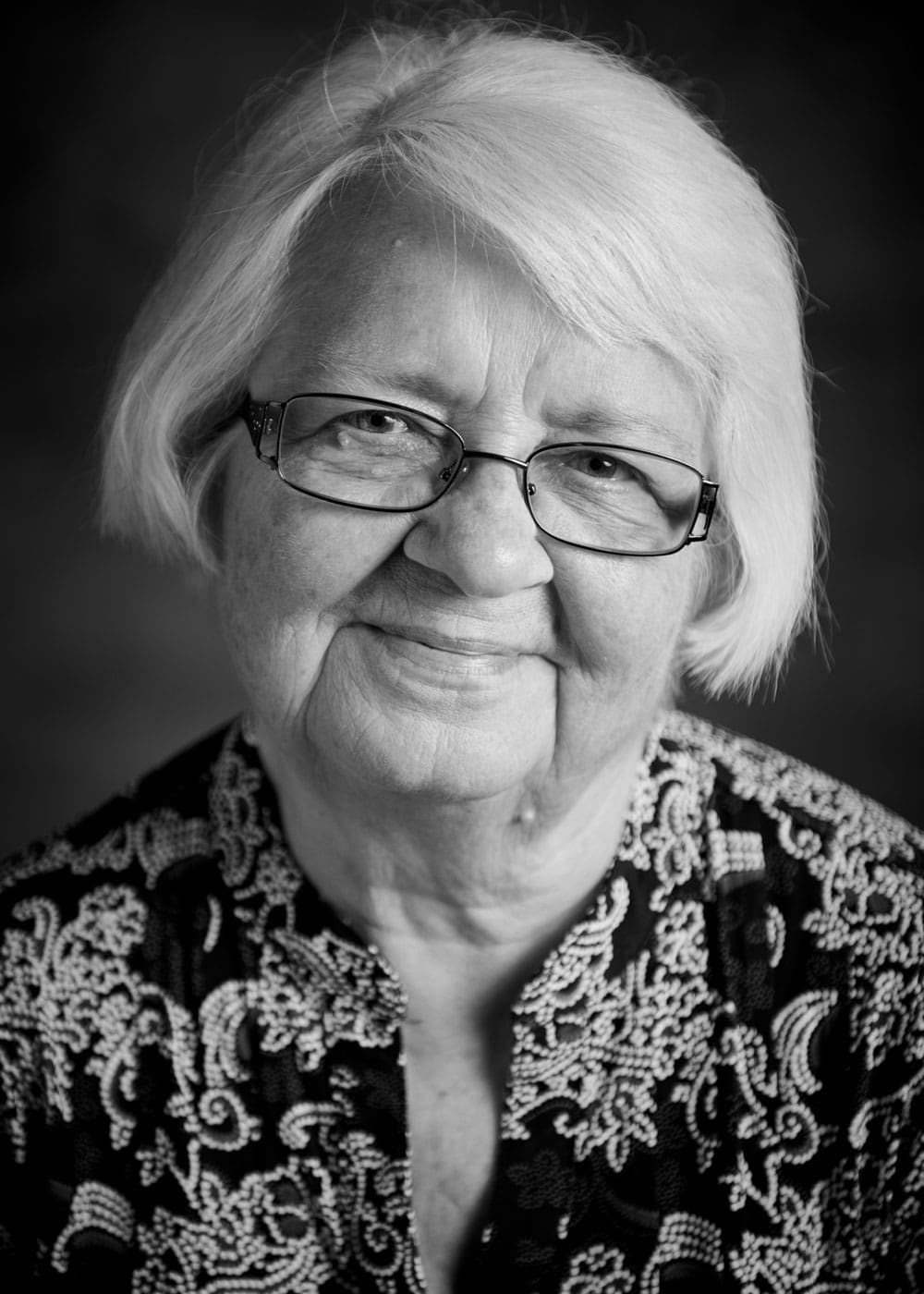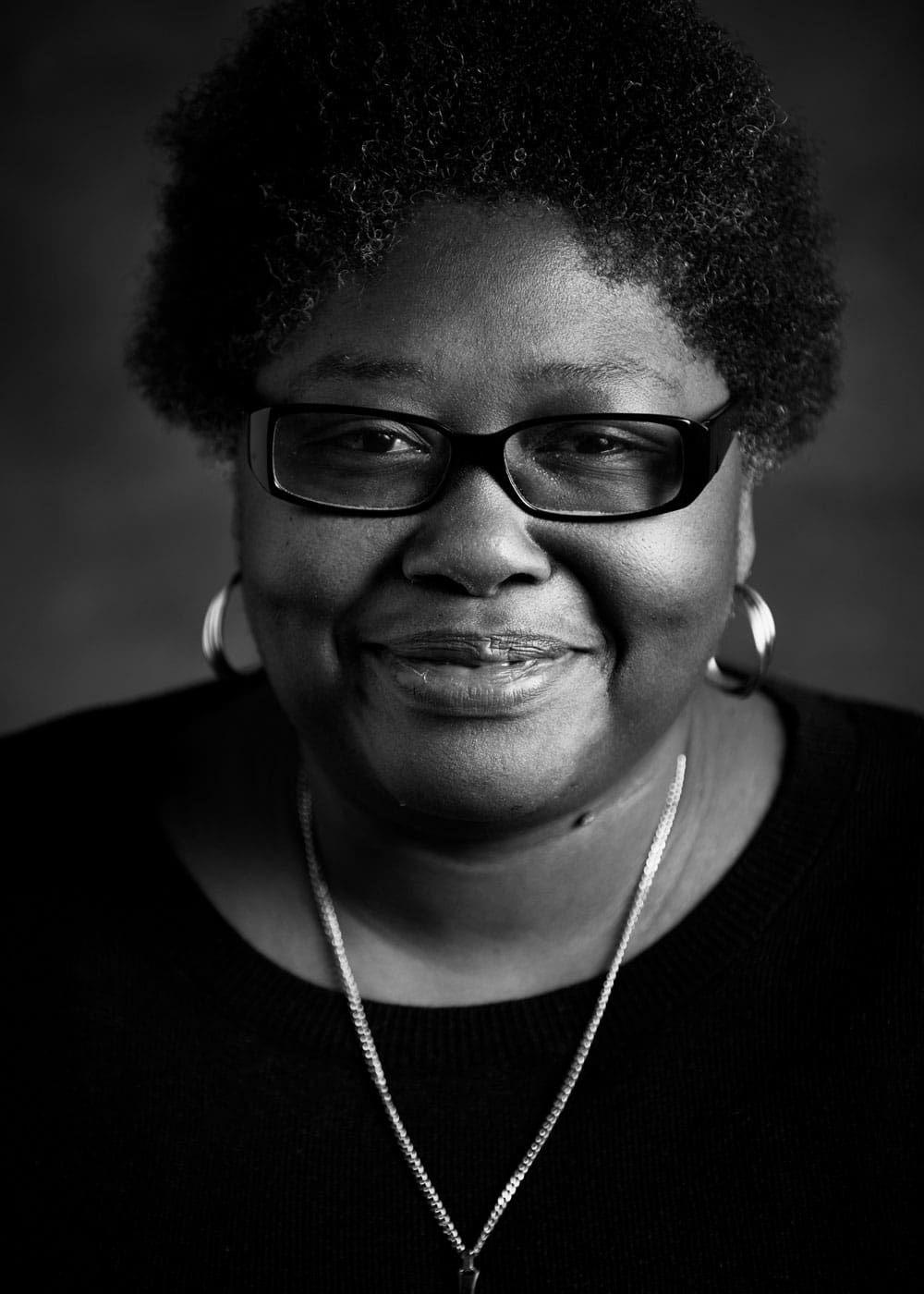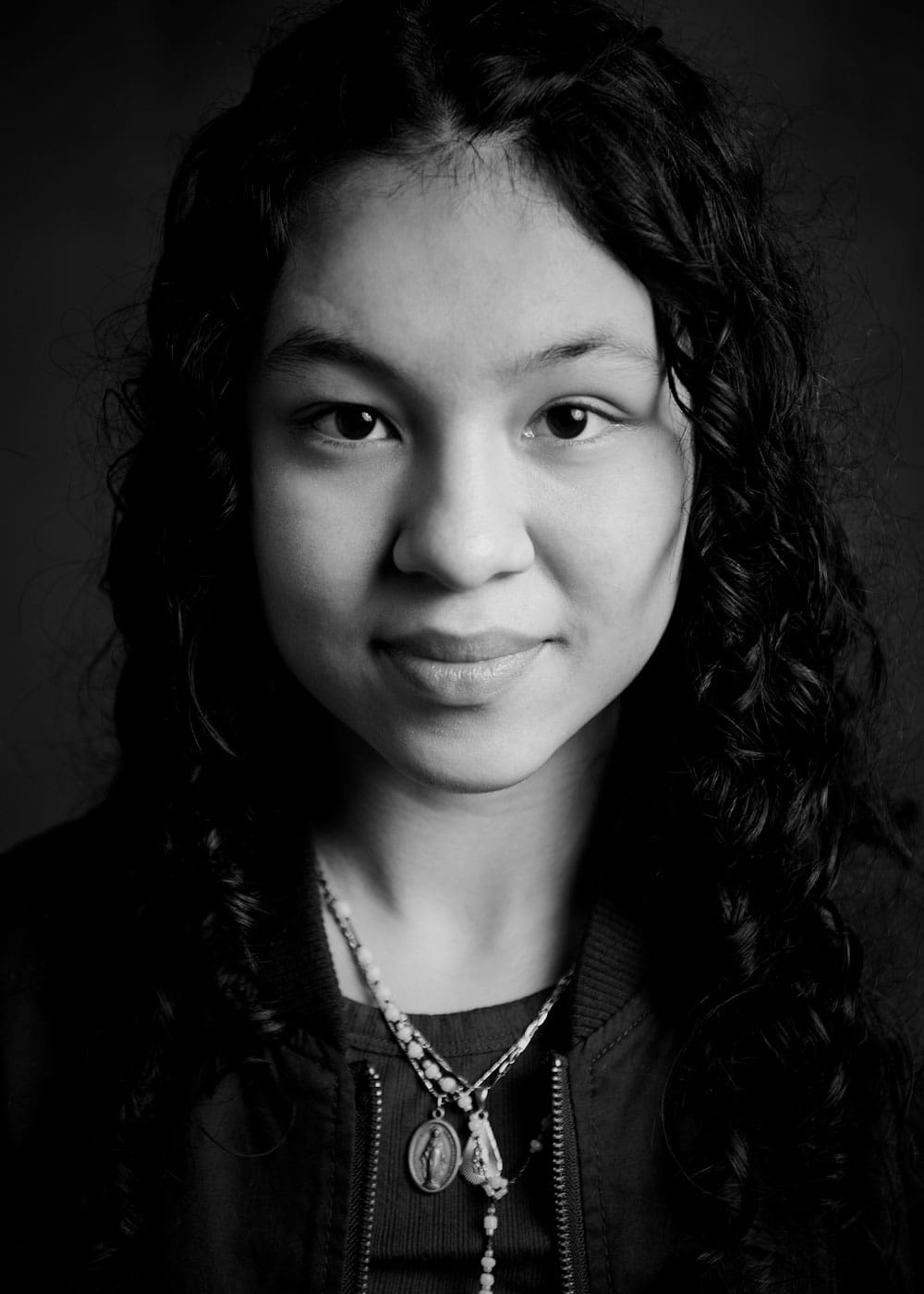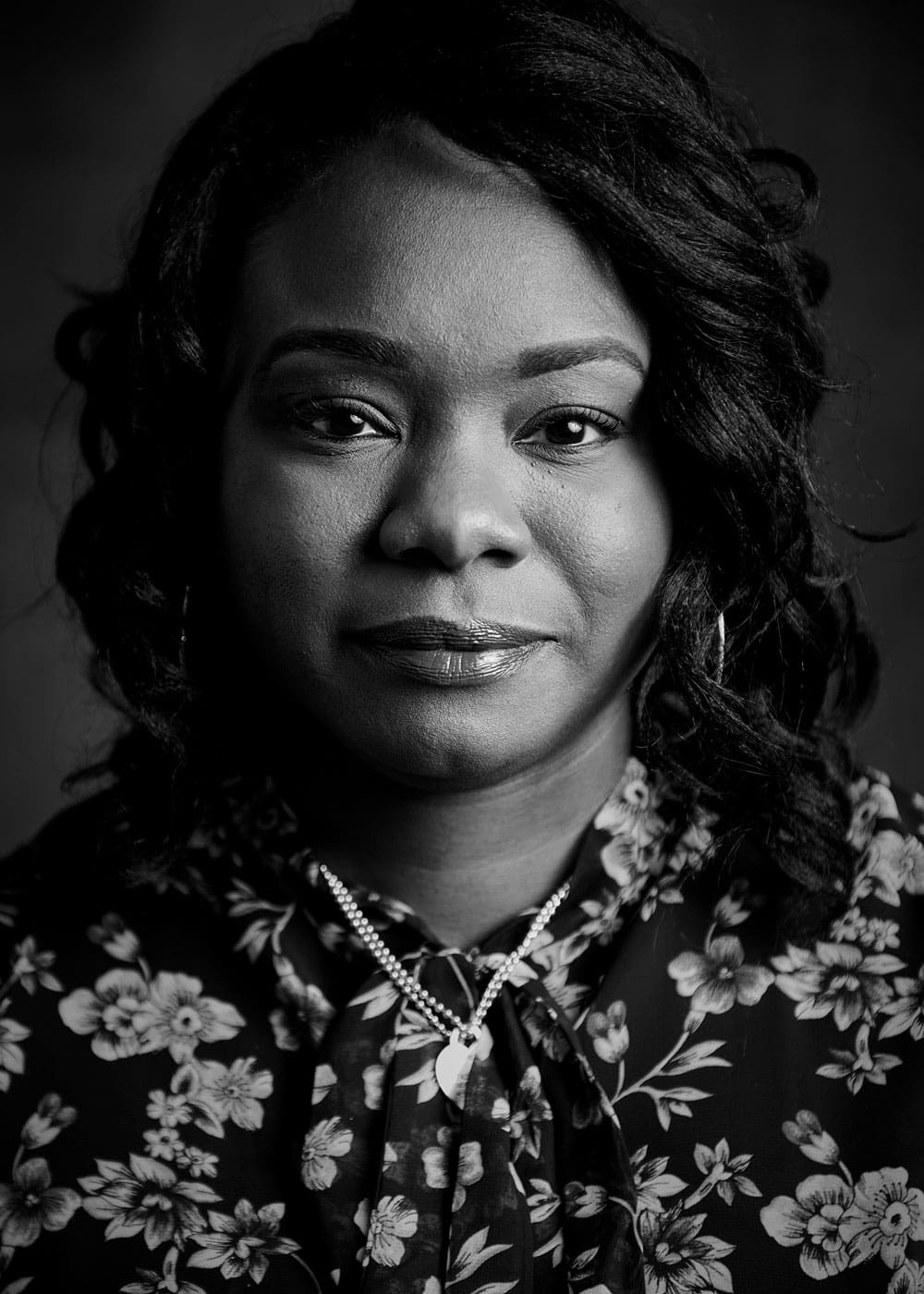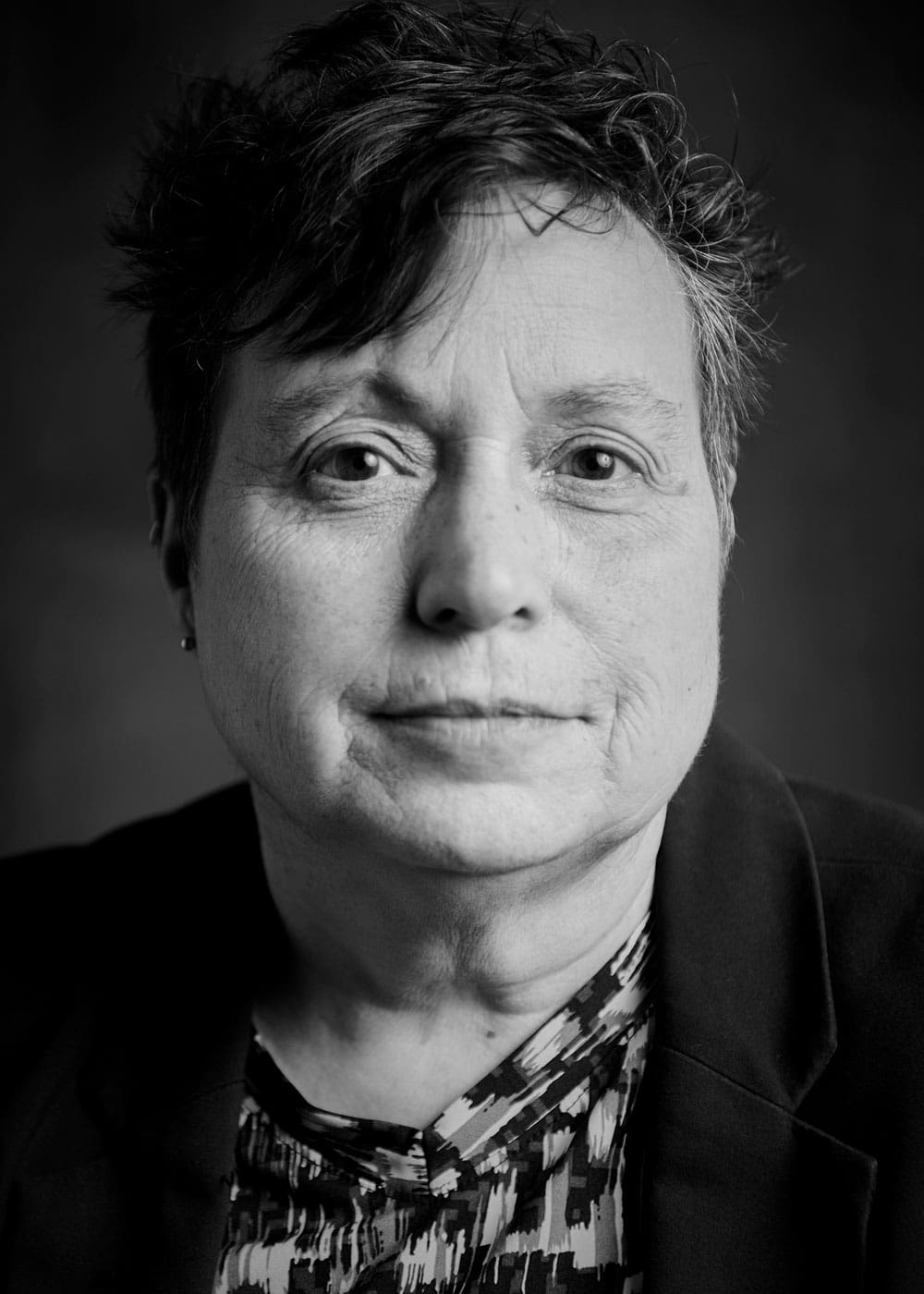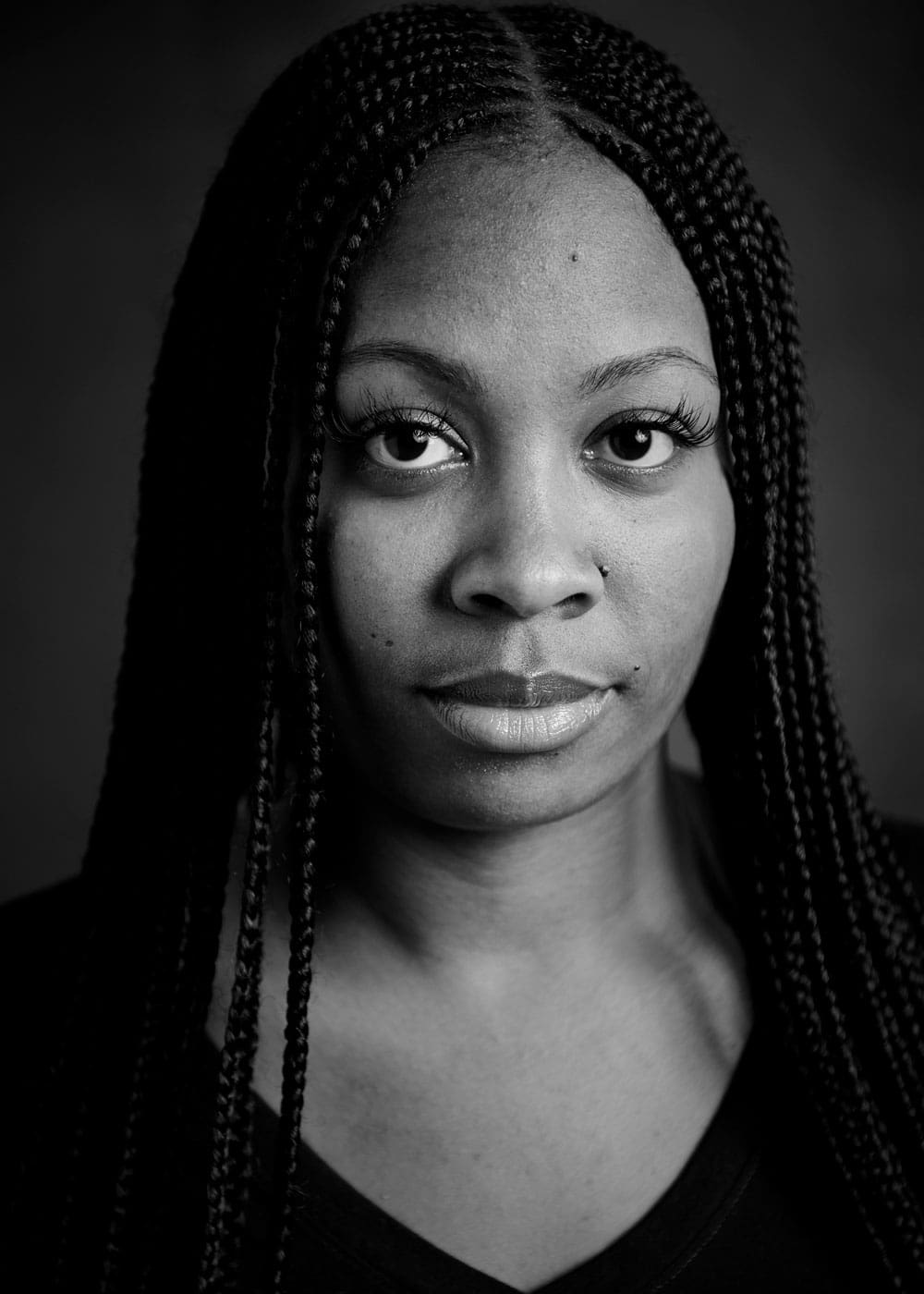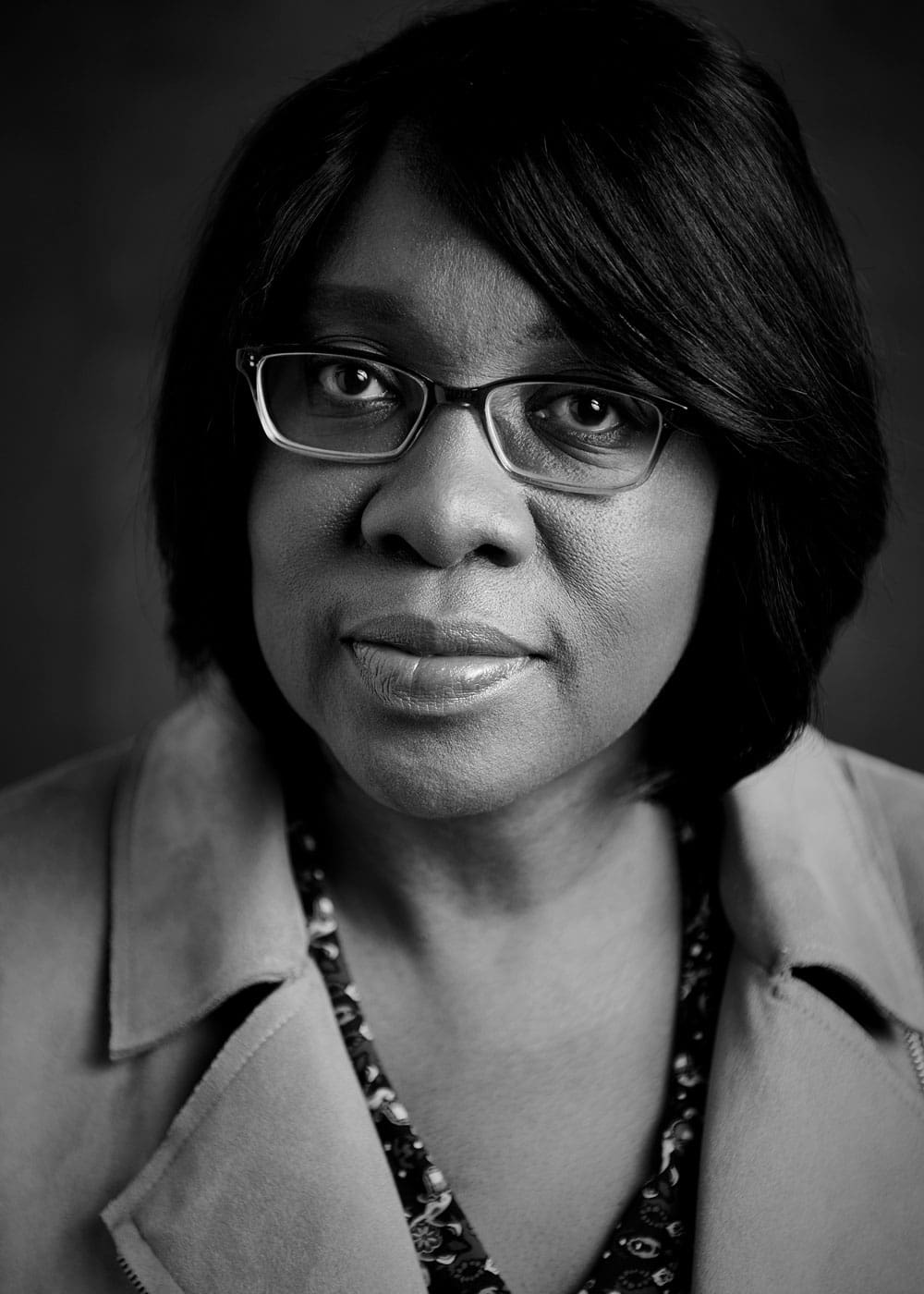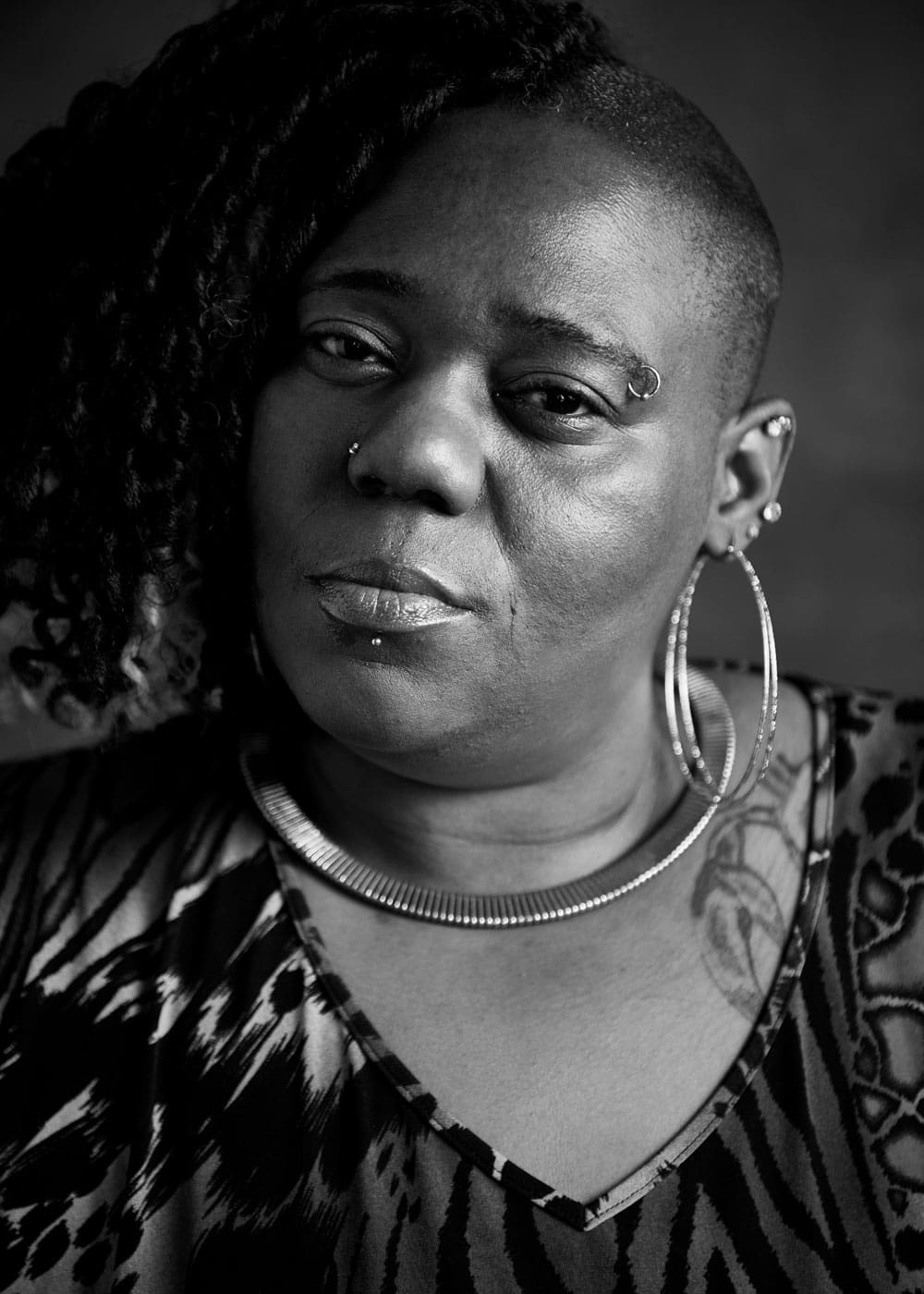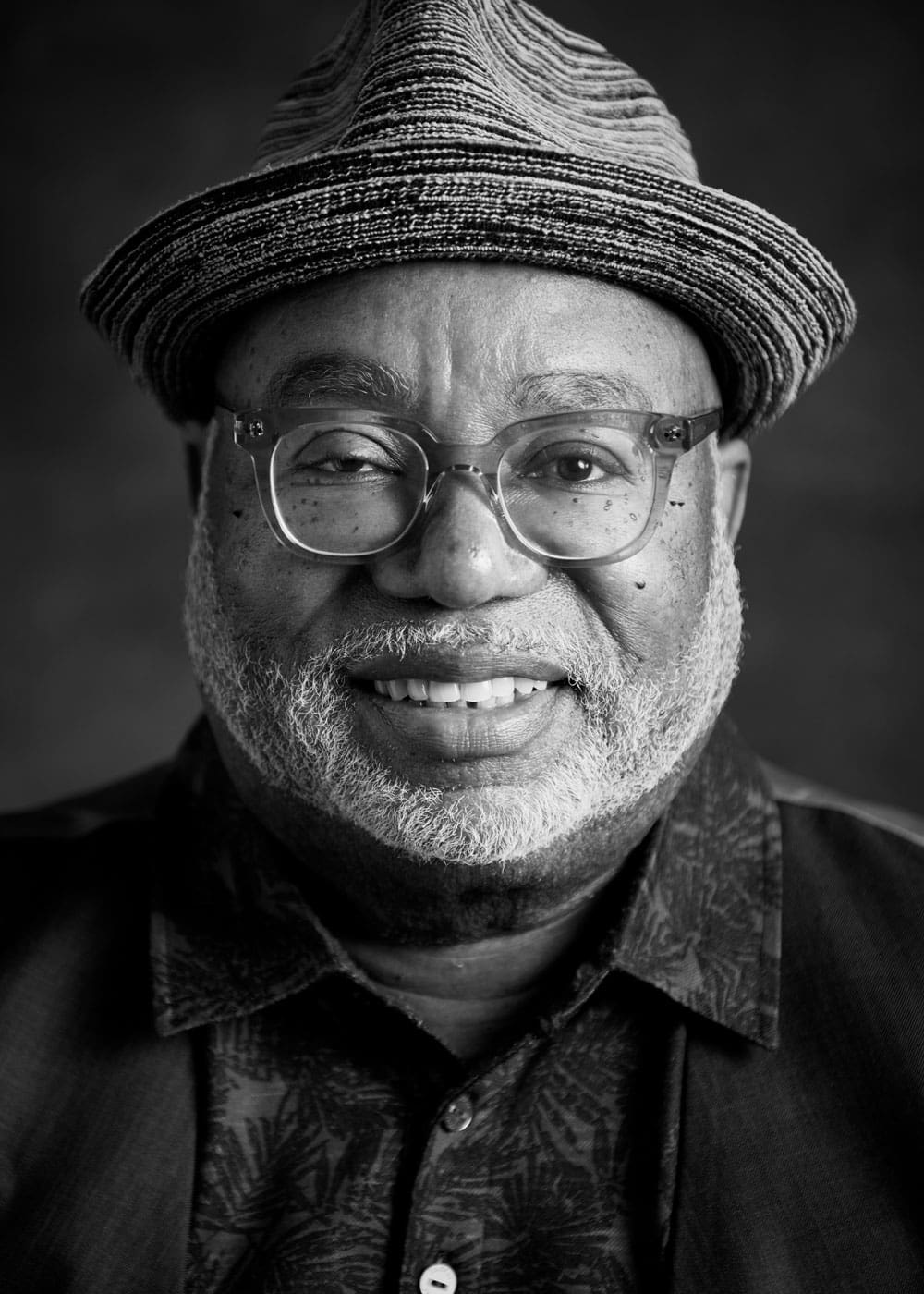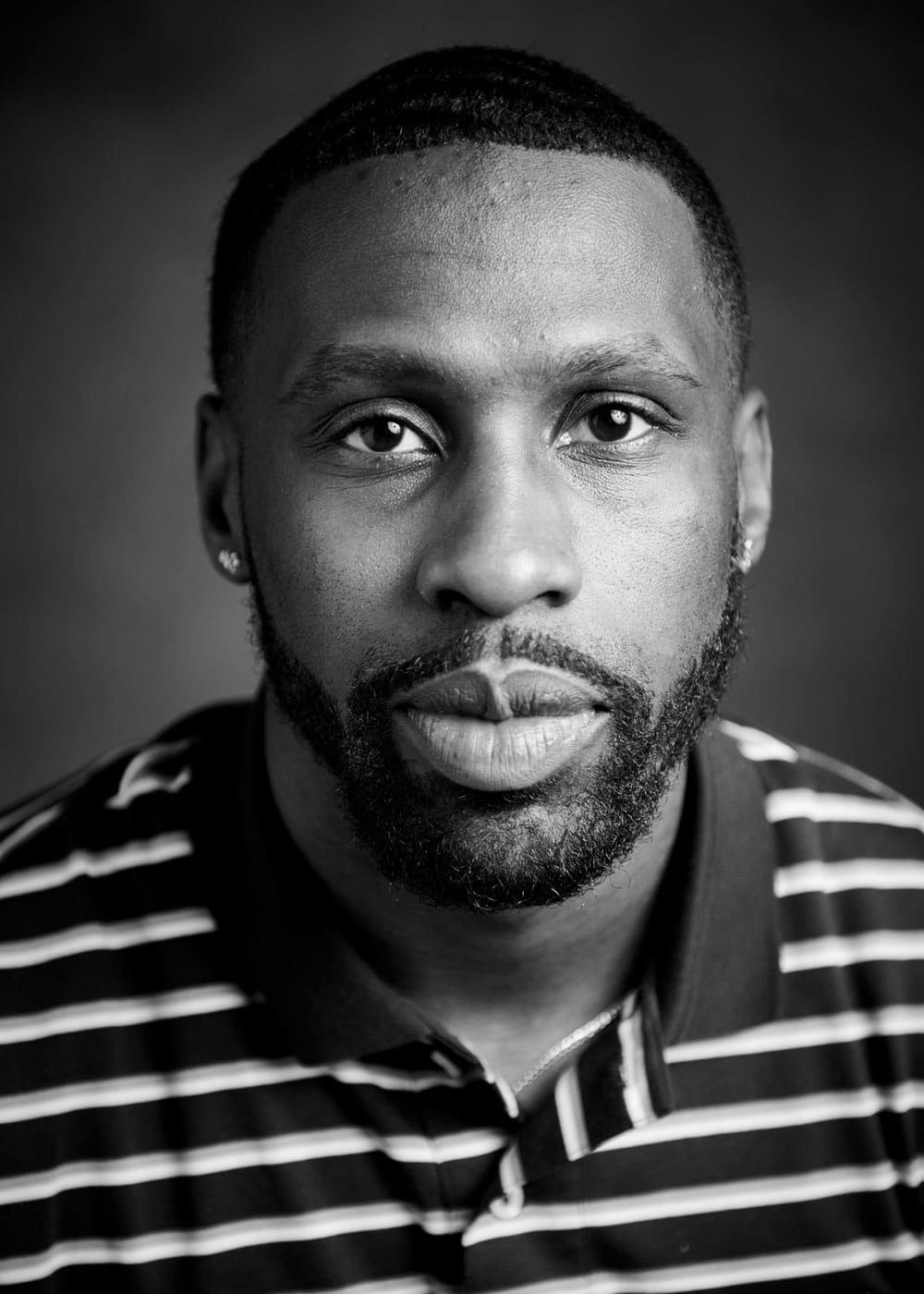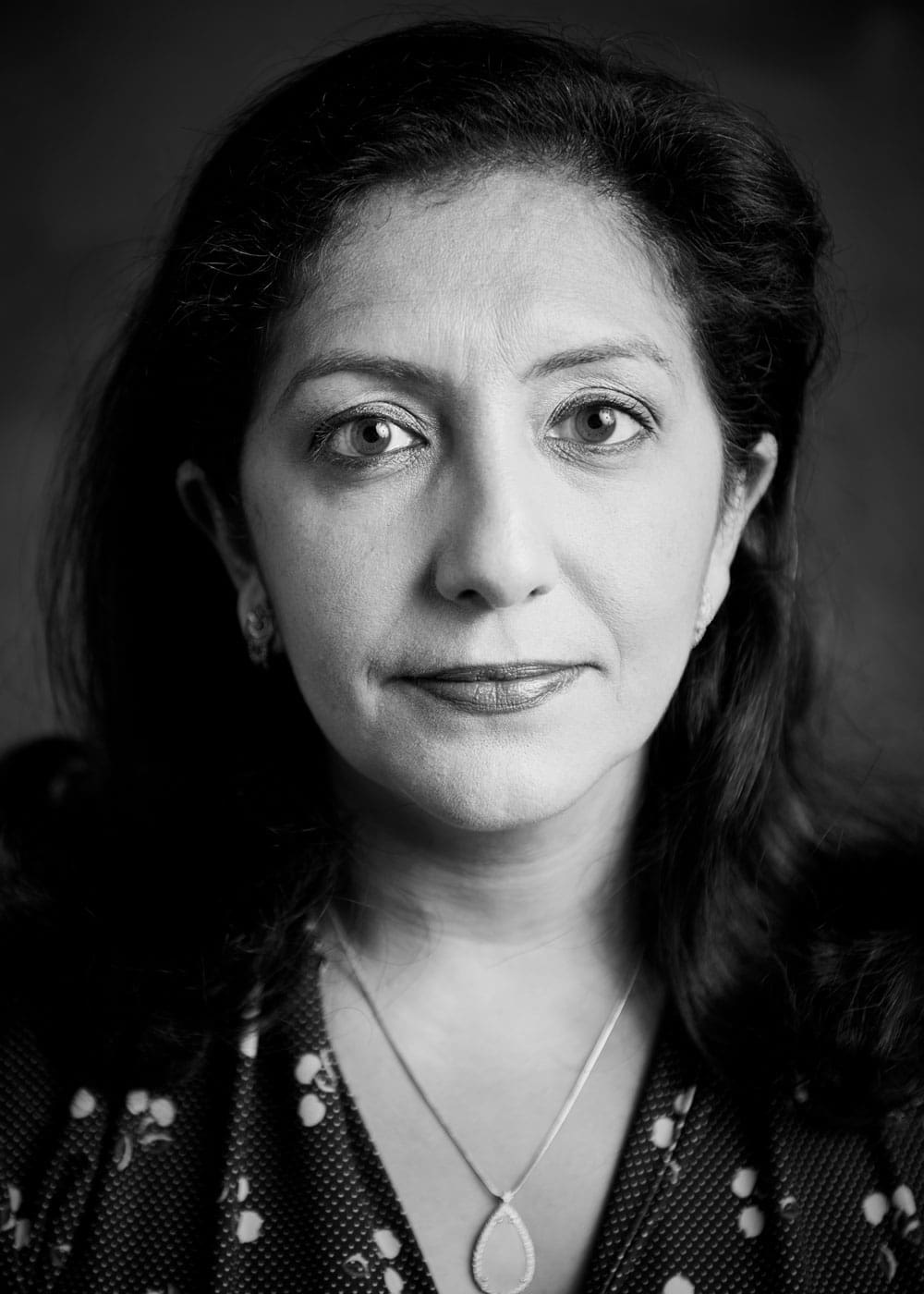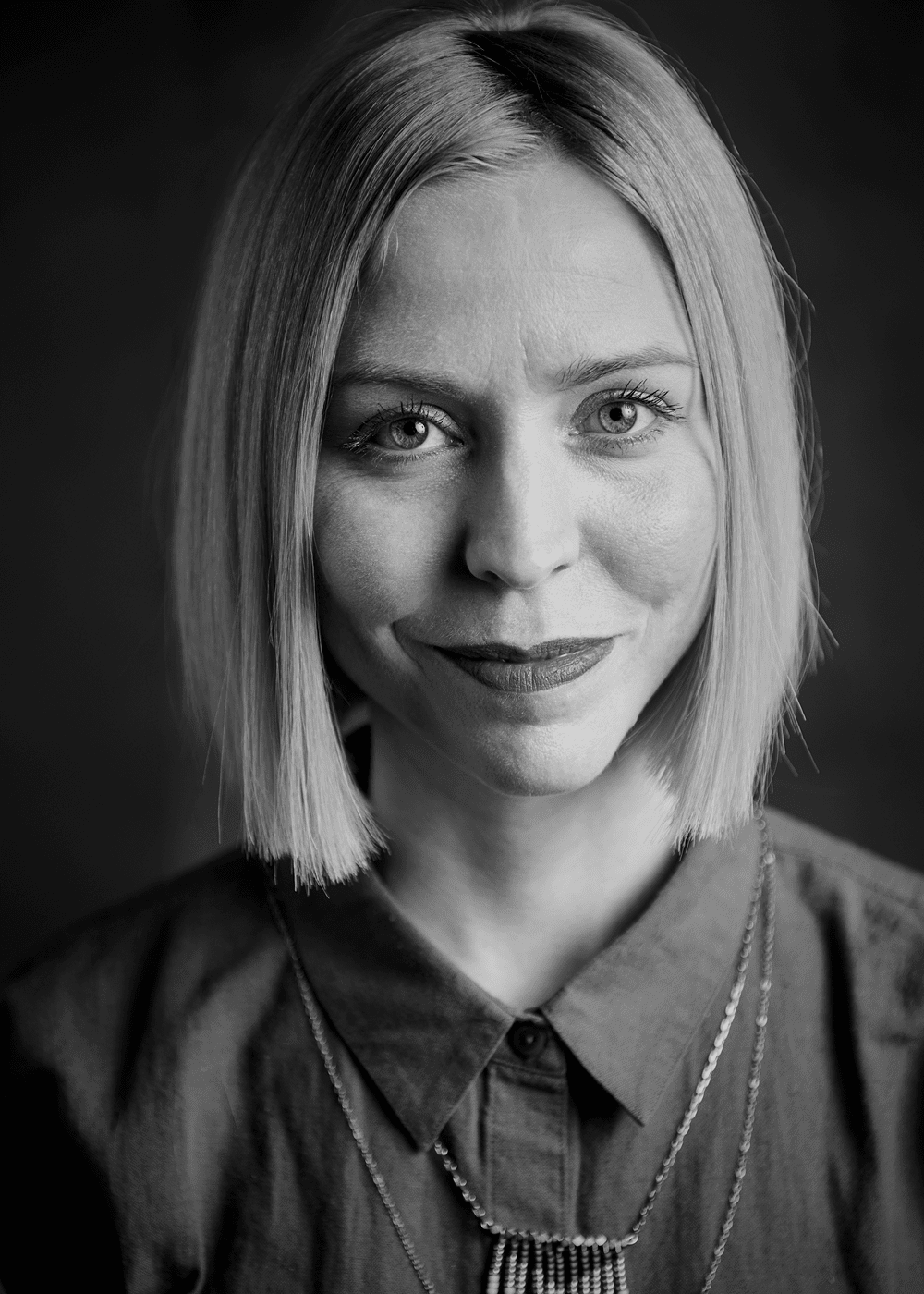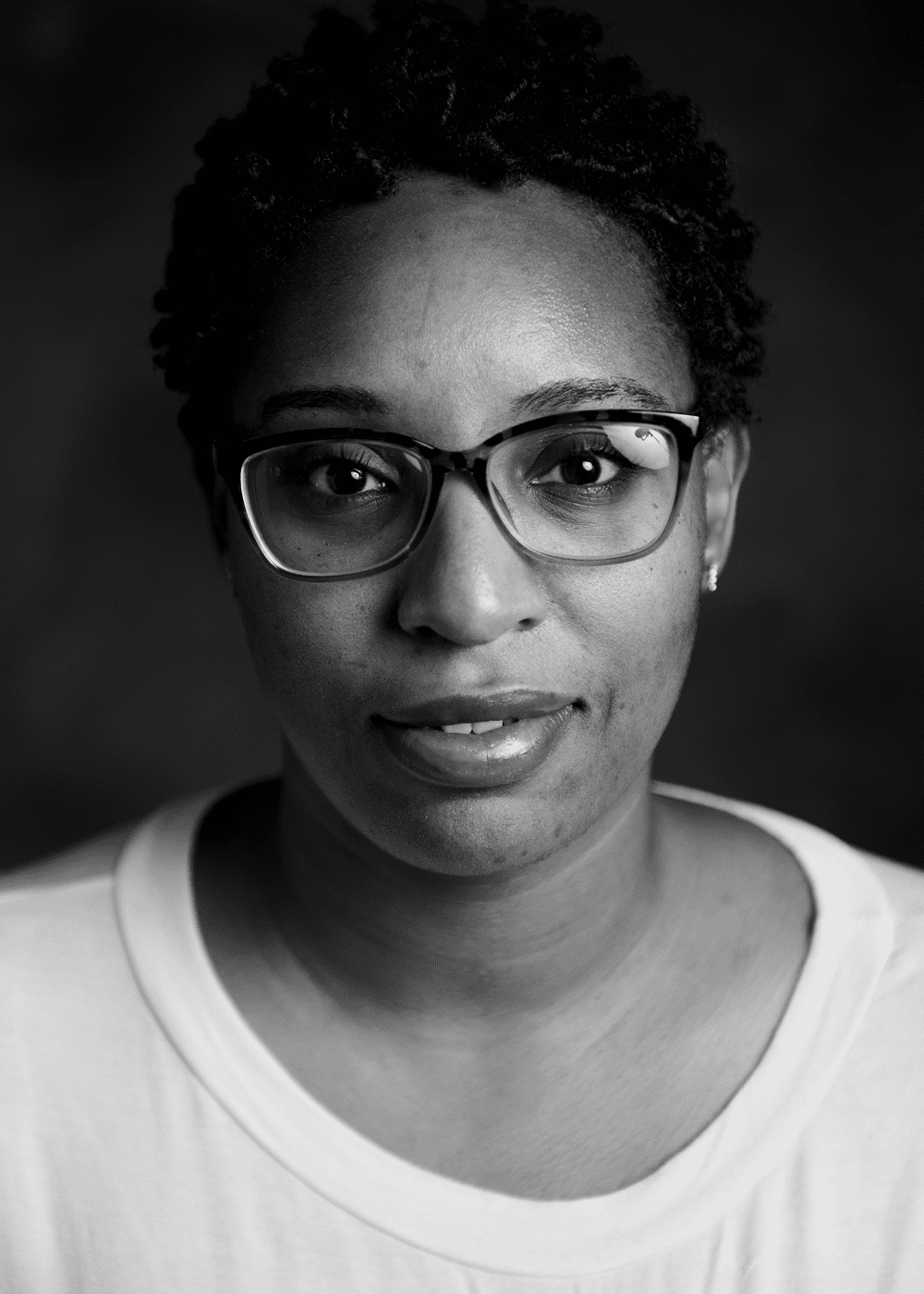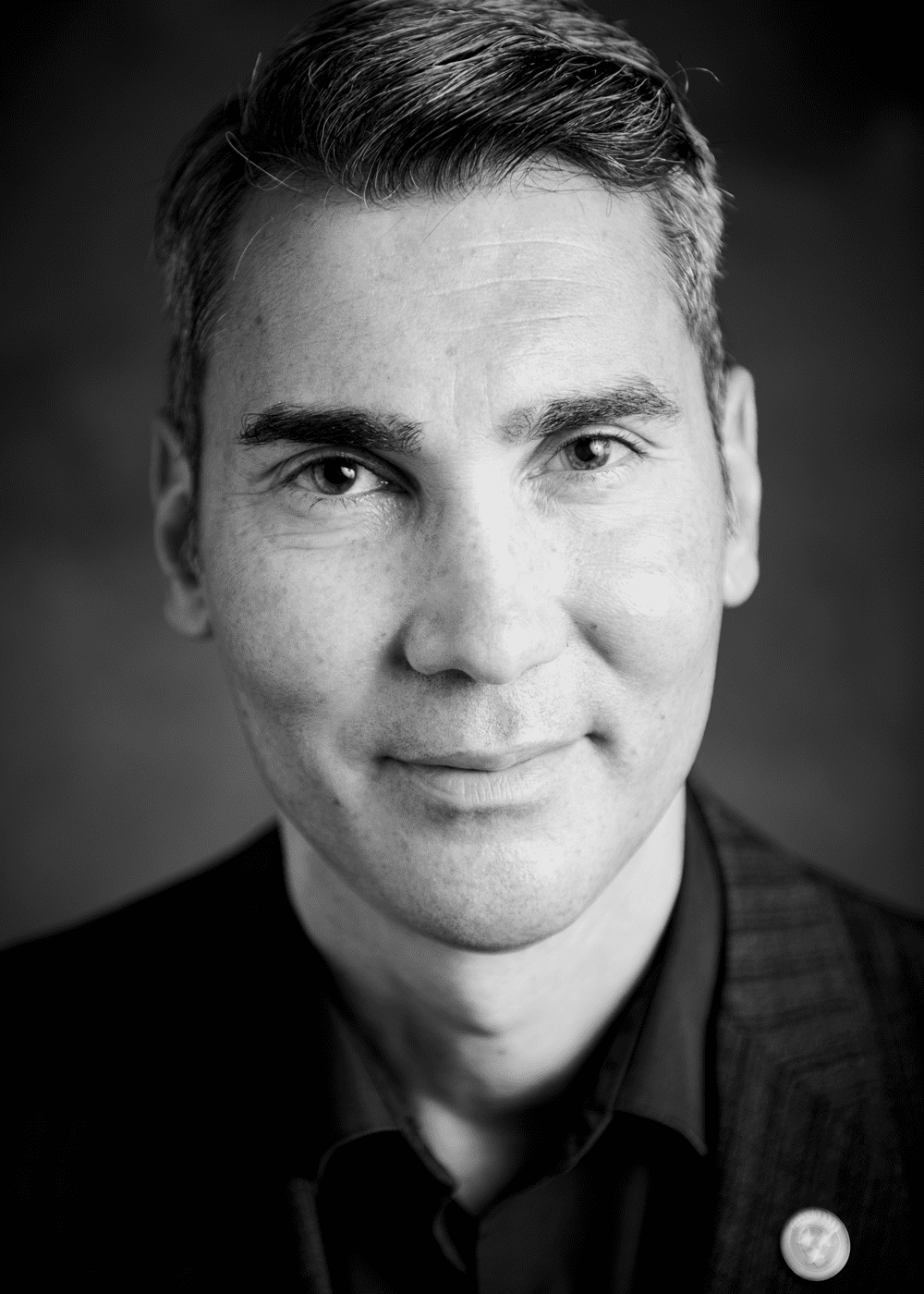“For the kids to walk away with a library, sometimes that’s more important than their clothes or anything else,” Russanne says. “And Imagination Library has provided many kids a wealth of books.”
Children who are signed up for Imagination Library of Middle Tennessee—in partnership with United Way, the Governor’s Early Literacy Foundation and the Dollywood Foundation—are able to receive one age-appropriate book delivered monthly straight to their home at no cost to their families.
So why is early literacy so important?
Ninety percent of physical brain development occurs in the first three years of life, when a baby forms more than one million new neural connections per second. Those early years are a critical window of opportunity for learning words and language. Children develop a special bond with their caregivers when they read together, and it establishes an important foundation for future learning.
That’s why when Russanne, a social worker, was taking a course learning to teach English as a Second Language, and her teacher told her about Imagination Library, she knew it was a critical opportunity for the children she fostered. An opportunity to develop a love of reading that they otherwise might not have received at home.
“I’ve gotten a lot of children signed up,” she says. “It’s just incredible that for five years children can get books every month.”
Rusanne and her husband have been fostering children for more than 20 years, while raising a son and daughter of their own. They’ve had children in their home for as long as three and a half years to as short as overnight.
“That has been the most rewarding thing that I have ever done—that our family has ever done. We are constantly learning how to better work the system and provide for these children. There are great lessons for us.”
She said there was one child that would come back and forth to their house and would always have lice when she arrived.
“The mom was young. She couldn’t deal with those kinds of issues,” Russanne says. “After many years, we ended up emancipating the little girl. She was 16, and the mom just kept making bad choices. And the daughter had learned a lot and was ready to be out from under her mom. Many stories like that … in fact, that little girl is now 23 and is married, has a house and has a little girl that we get to sort of be grandparents for.”
Russanne and her husband have worked with the Department of Children’s Services, Miriam’s Promise, AGAPE and other organizations throughout Greater Nashville. She said she remembers one little boy that came to their home while his mother was incarcerated.
“We worked hard to get termination of his rights, and nobody wanted to deal with it. But AGAPE did. They hired a lawyer and fought to get his rights terminated. There were a lot of resources that came into play to make this child’s life better.”
Now that her children are grown, Russanne and her husband have started to mainly foster infants.
“I don’t sleep that well anyway, so I might as well be up feeding a baby,” she says. “Early on my kids would help. We all just pitched in, and my husband would get up if it was his turn. I’ve really enjoyed having the infants around. Sometimes you’ll have some issues that are sort of unsolvable and there will be a lot of crying, but you just take them outside and walk them. You just do what you have to do.”
She says they’ll often get a call in the night that a baby has been born and the family is unable to care for them. They’ll give the babies a couple days in the hospital to make sure they’re OK, which gives Russanne and her husband time to prepare for the baby’s arrival to their home.
They’ll get out the bassinet, clean the bottles, wash the blankets—and sign the child up for their books.
Before COVID-19 hit, Russanne would read to children in daycares through United Way’s Read, Baby Read! program and would volunteer to man booths at fairs to get kids in the community signed up.
“I’ve used Imagination Library so often, I felt like I needed to help them in some way. It’s really a rewarding and spiritual process for me just to sit and read,” she says. “You just get to experience being with the children. The enthusiasm they show and the hunger for words and books—I have just found to be fascinating. For them to be able to use their imagination to venture out into worlds that they have not experienced but can envision through books—having that book, that can be a security blanket for them.”


